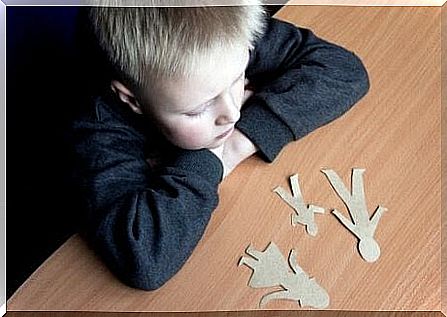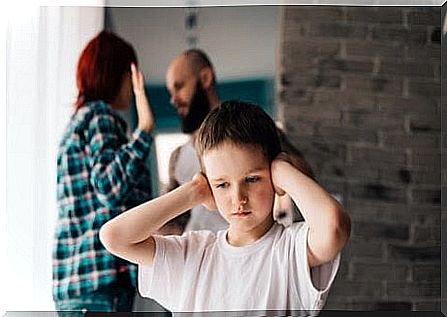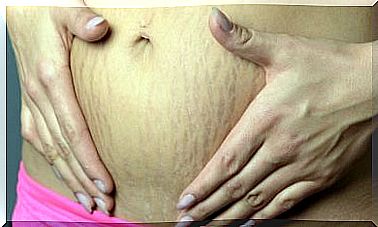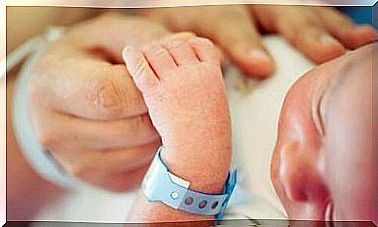How A Divorce Affects Children Of Different Ages

A divorce affects children in many different ways. It all depends on each child’s unique situation. An important factor is the age of the child.
In this article, we will focus on how a divorce affects children depending on their ages. This will help you if you are facing a divorce or separation, or if you know someone who is going through this right now.
How a Divorce Affects Children Depending on Their Ages
Undoubtedly, parents worry when they decide to separate and there are children in the picture. It thinks about their children’s emotional well-being. The question they will ask themselves is: how can we make the divorce affect them as little as possible? What is the best way to deal with it?
A divorce is never pleasant, no matter what age the child is. However, the children’s experiences and reactions vary depending on their ages.
Of course, it all depends on whether it is a friendly break-up or whether it is a constant war zone. Other factors are the children’s personalities, and also how the parents handle the situation and explain it to the children.
Here is a guide to how a separation or divorce affects children, broken down by age. We hope it will help you if you, or people you know, have to deal with this traumatic situation.
1. Before birth and up to one year of age
Did you know that a separation can affect the child even before he or she is born? This is quite logical because the mother’s state of mind affects the child’s development. There are many cases of children who have problems with their cognitive development, with low birth weight or who have stunted growth, when a traumatic event has taken place during the mother’s pregnancy.
We tend to think that children at this age do not understand what is happening around them. But the truth is that they are very susceptible beings. They often reflect exactly what their parents do and feel!
If the mother is depressed, irritated or tense due to the situation, the child feels the same way. He or she will probably cry more, want to be in your arms more than usual and may not play with their toys anymore.

2. Between 1 and 3 years of age
At this age, they may not fully understand what is happening yet, but they feel the stress in many ways. At this stage, many fears and anxieties can arise, as well as regressions in their development and behavior.
Some examples of this are that they can talk in a childish way, pee in bed, have nightmares and increased fear of darkness, among many other things.
Another response to parental differences at this age is increased irritability and aggression. If they have siblings, they can take it out on them. The same thing can happen to preschool friends and their cousins. It is important to remember that children often express their grief with aggression and outspoken behavior.
3. How a divorce affects children between 4 and 7 years of age
So how does a divorce affect children who have already started preschool? At this age, they can now understand the situation better, but that does not mean they will accept it. It is very important to explain things to them in the best possible way, and with languages and examples that they can easily understand.
Keep in mind that children at this age will think that everything is their fault. They will feel guilty for the situation that has arisen. They can walk around with feelings of guilt even though they have been told that it is not their fault.
Because of this, they will probably have a hard time focusing on their schoolwork. Fears from the past may recur (for example, they may become afraid of monsters or ghosts again), and they may begin to urinate. Their speech and eating habits can also be affected.

4. Between 7 and 12 years of age
This is known as the “latency stage” because children are less active than before, in terms of their development. They now have to focus much of their energy on school and homework. When it comes to their emotions, they tend to be less egocentric and focused on what is happening to people around them.
This is the age at which they can better understand what a divorce is, but they usually do not express any opinion about it. The child may have nightmares, feel sad or angry and have problems with homework and schoolwork.
5. From 12 years and up
At this stage in life, children are unlikely to accept their parents’ divorce. This is because they are trying to find their own identities and their hormones make them very sensitive and emotionally unstable. Their parents’ separation can make them feel insecure and they can become defiant and rebellious.
This is a very comprehensive guide to the different ways in which a divorce can affect children depending on their ages. If your children ever have to go through this complex and traumatic situation, it may help you to recognize and understand how they react.









